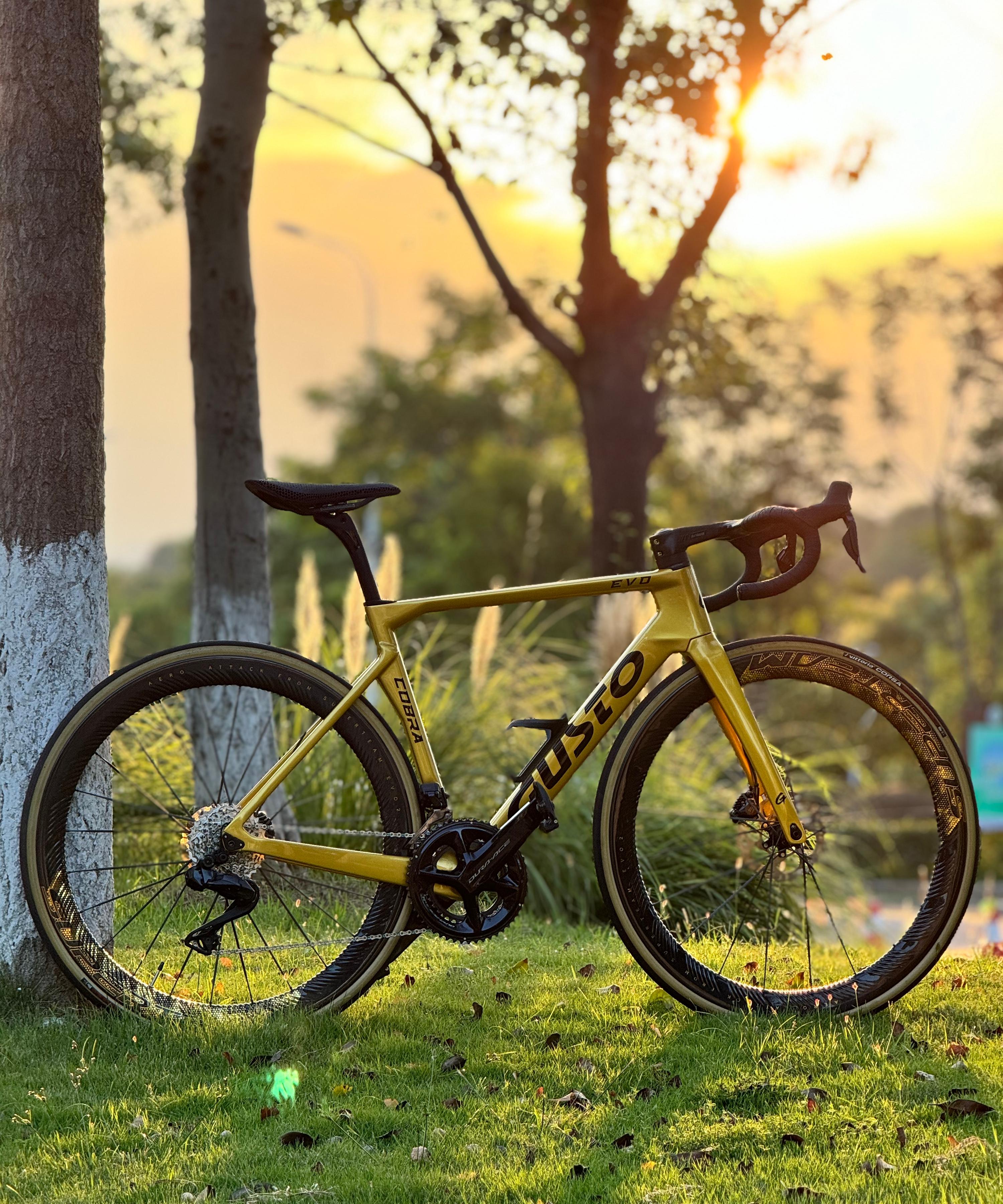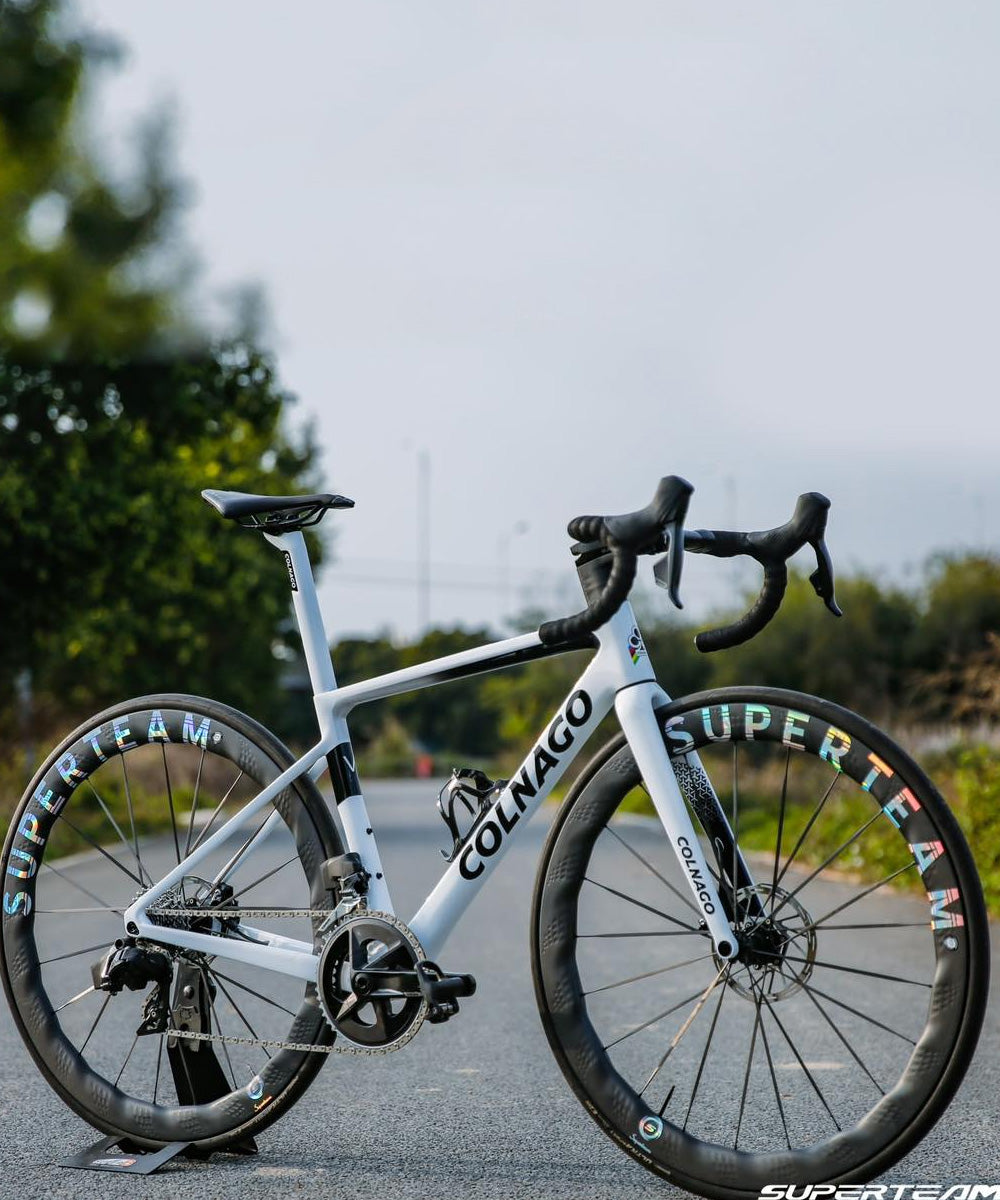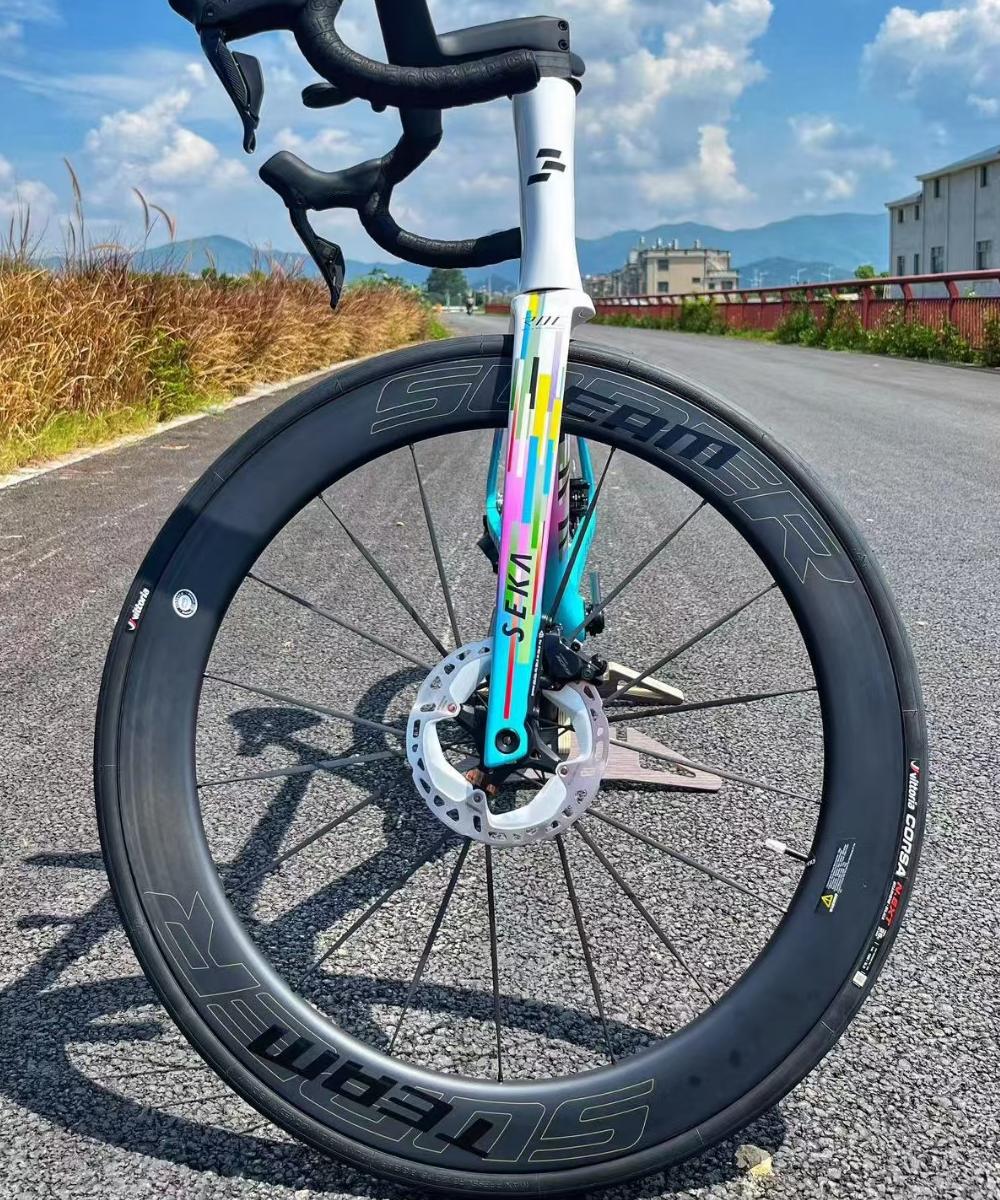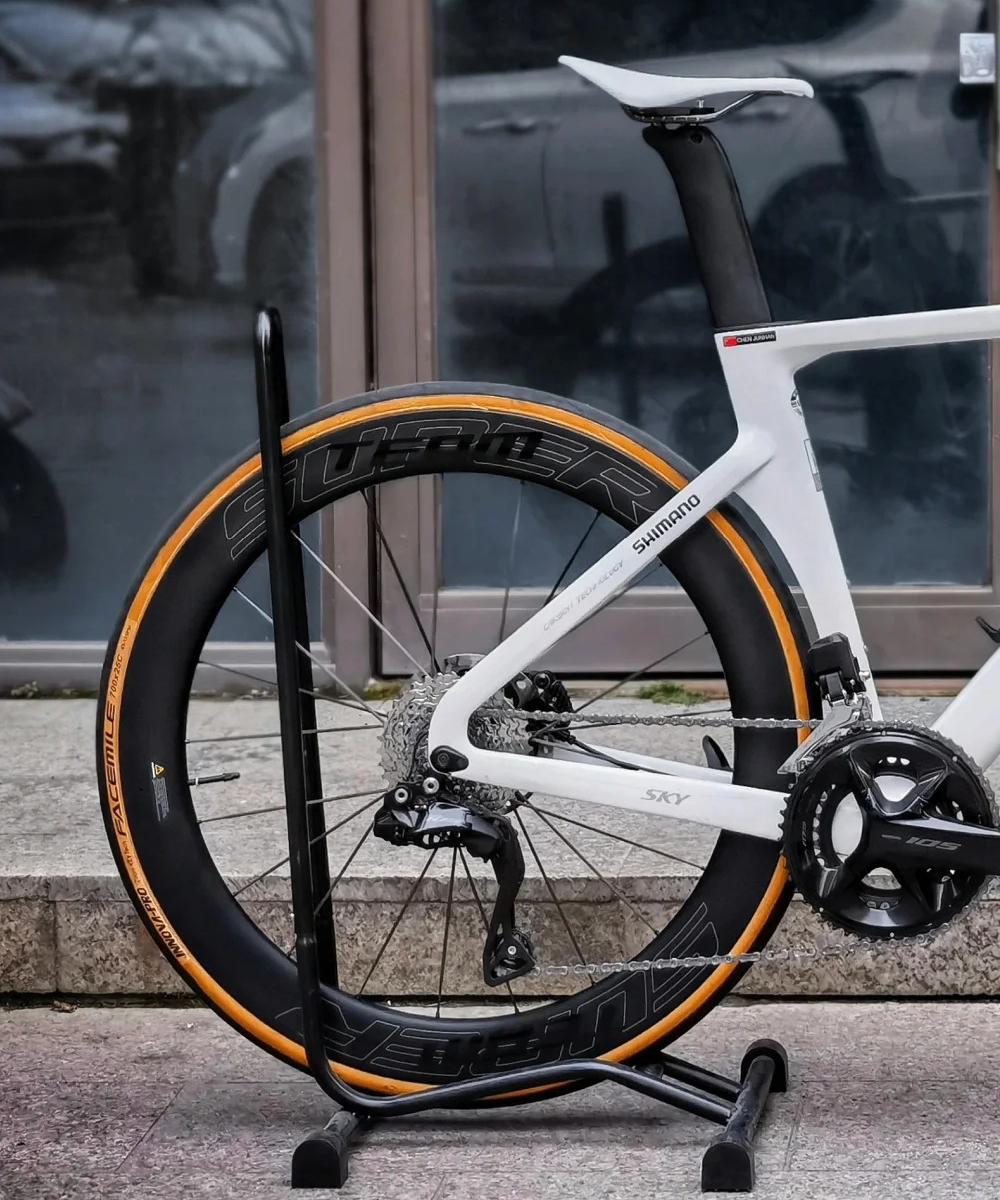Why Some Riders Still Prefer 32-Hole Wheelsets for Road Cycling
Introduction
In the world of road cycling, wheelset design varies widely, with spoke counts ranging from ultra-light 16 or 20 holes to robust 36-hole setups. Among these options, 32-hole wheelsets remain a popular choice for many riders. Despite advances in materials and wheel technology, why do so many cyclists still prefer the classic 32-spoke wheel?
This article explores the reasons behind the enduring appeal of 32-hole wheelsets and helps you decide if they’re the right fit for your road bike.
What Does “32-Hole” Mean?
A 32-hole wheelset means each wheel rim has 32 spoke holes, so typically 32 spokes connect the hub to the rim. This count strikes a balance between strength, weight, and aerodynamic performance.
Reasons Riders Prefer 32-Hole Wheelsets
1. Optimal Balance of Strength and Weight
Durability: 32 spokes provide enough strength and stiffness to handle various road conditions, from smooth pavement to rougher surfaces.
Weight Efficiency: While not as ultra-light as 20 or 24-hole wheels, 32-hole sets are still lightweight enough for performance riding but more robust. This makes them ideal for riders who want reliability without sacrificing too much weight.
2. Improved Wheel Longevity and Reliability
Fewer spokes mean each spoke bears more load. With 32 spokes, the load distribution is more even compared to low-spoke-count wheels. This reduces stress on individual spokes and the rim, helping to prevent frequent spoke breakage and wheel deformation.
3. Easier Maintenance and Repair
More spokes mean more points of attachment, which helps keep the wheel true longer and offers better support. Riders appreciate that 32-hole wheels can tolerate minor impacts without going out of true, and if a spoke breaks, replacements are readily available and easier to fix without specialized tools or knowledge.
4. Compatibility with a Wide Range of Riding Styles
Whether you’re a commuter, an endurance cyclist, or a racer, 32-hole wheels offer versatility. They can handle heavier riders and rougher roads while still providing good stiffness and responsiveness for fast rides and climbs.
5. Cost-Effectiveness
Compared to low-spoke-count wheels, 32-hole wheelsets are often less expensive. The manufacturing process is well-established, and replacement parts are common, making ownership more affordable.
Who Should Consider 32-Hole Wheelsets?
All-Rounders: Cyclists seeking a reliable, versatile wheelset for mixed riding conditions.
Heavier Riders: Those needing extra strength to support higher weight without compromising safety.
New Riders: Beginners who want durable, low-maintenance wheels as they build skills.
Touring and Endurance Riders: Wheels that can handle long distances and variable terrain without frequent maintenance.
When Might Fewer Spokes Be Better?
For riders focused on pure speed, climbing, or competitive racing, wheels with fewer spokes (like 20 or 24) may reduce aerodynamic drag and overall weight. However, these usually come at the cost of reduced durability and require more careful handling.
Conclusion
Despite the innovations in wheel technology, 32-hole wheelsets continue to hold a strong place in road cycling. Their blend of durability, weight balance, ease of maintenance, and versatility make them a practical choice for a wide range of riders.
If you value reliability, long-term durability, and solid all-around performance, 32-hole wheels are worth serious consideration for your road bike setup. They prove that sometimes, classic designs endure because they just work.




